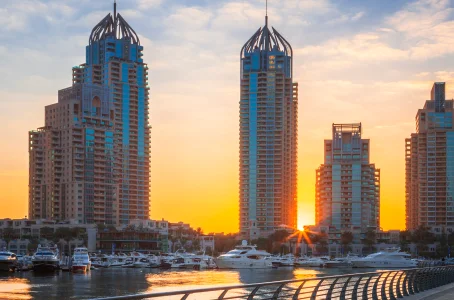Comprehensive English-Arabic Phrasebook for Travelers

Content
Introduction
Arabic is an ancient and rich language used in many Middle Eastern countries. Understanding basic phrases will help you not only to communicate but also to experience the culture of this region.

Greetings and addresses
One of the main aspects of Middle Eastern culture is hospitality. Greetings and addresses in the Arab world are not just formalities, but carry a deep meaning of respect and friendliness.

General greetings
- Marhaba: Hello. This word is easy to memorize and apply in everyday situations. It is suitable for introductions, for greetings in a store, or when you invite someone to come into the house. "Marhaba" is often used as a universal greeting, no matter what time of day it is.
- Ahlan wa sahlan: Welcome. This expression literally translates as "Family and ease". Thus, a guest who hears this greeting feels at home. This expression is often used when welcoming guests or when returning home after a long absence.
Polite address forms
- Shukran: Thank you. One of the most common words you can hear and use in the Arab world. After being favored or complimented, it is always nice to respond with "shukran". Expressing gratitude plays an important role in Arab culture.
- Min fadlik: "Please" or literally "Of your favor". This term can be used in a variety of contexts, such as when asking you to hand something over, to let you go ahead, or when you are asking for a favor. It can also be used to show respect for the person you are talking to.
Knowing how to properly use greetings and addresses in the Arab world will allow you to build warm relationships with locals, demonstrate your cultural awareness and respect for the traditions of the country you are in.
Standard and general phrases
Traveling to an Arab country, whether it is a vacation or a business trip, will be much more interesting and productive if you know the basic phrases and expressions. They will help you not only in communication, but also in integrating into the culture, creating moments of mutual understanding and friendliness.

General phrases
- How are you? - Kayf halk?: This is a universal way to ask about the other person's well-being or just to start a conversation. The answer to this question is usually positive, even if the person is having problems. This reflects the cultural characteristic of Arab people to keep a positive attitude.
Questions
Knowing key question words in Arabic will help you better navigate your new environment and get the information you need.
- Who? - Min?: This question can come in handy in a situation where you want to know who a person is or where they stand.
- What? - Maza?: Used to clarify a subject, action or situation. For example, when you don't understand what is happening or something has surprised you.
- Where? - Aina?: A basic question when looking for something, whether it's the location of a hotel, restaurant or tourist attraction.
Pronouns
Knowledge of pronouns in Arabic is necessary to form proper sentences and understand the context of the conversation.
- I - Ana: Often used to talk about yourself, express your opinion, or talk about your plans.
- You - Anta (for men), Anti (for women): Reverse address to the interlocutor to ask a question or express interest.
- He, She - Hua, Hia: Used to discuss third parties, their actions or opinions.
Knowing these basic phrases and pronouns will not only make your communication in the Middle East easier, but will also show the locals that you respect their culture and language.
Common situations
Arrival in the country
The first impression of a country begins the moment you arrive on its territory. Knowing the basic phrases associated with the airport and train station will help make your journey more comfortable.

At the airport and train station
Arriving in an Arabic-speaking country begins with communication at the airport or train station. Understanding the basic phrases that may be addressed to you will make the procedure easier and speed up your journey.
Passport control
- Your passport, please - Paspurtak, min fadlik: A standard phrase you may hear at passport control. It means that you are ready to show your documents.

Customs
- Do you have anything to declare? - Ladayka shay lil'i'lan?: This question is usually asked by Customs officers during an inspection. If you have goods or items that need to be declared, it is important to answer "yes" honestly and show the necessary documents or items. If you are unsure about import regulations, it is always best to check this information in advance or declare items just in case.

City orientation
When traveling in a new city, it is often necessary to understand the local infrastructure, determine routes and navigate the terrain. Knowing key phrases will help you feel more confident in uncharted corners of the city.

Walking around the city
Walking through the streets and squares, every tourist strives to penetrate the atmosphere of the place, to appreciate its beauty and uniqueness. Prepared expressions make it easier to communicate with locals and share your impressions.
- It's beautiful - Hada jamil: When you are traveling through a city and see breathtaking monuments, parks and streets, this expression will help express your admiration.
- There are many tourists here - Huna kathir min as-siyah: If you notice that a place has a lot of visitors gathered or, on the contrary, you want to avoid touristy places.
Travel and Destinations
Every traveler faces the need to ask for directions or clarify the route. Knowing the basic phrases associated with directions will help you get to the place of interest faster and maximize your travel time.
- How can I get to...? - Kayfa ati ila...?: This phrase will be your salvation when you're trying to find a certain place, whether it's a museum, a restaurant, or a subway station.
- Where is the nearest subway station? - Ayna aqrab mahattat al-metro?: If you prefer to take public transportation, this phrase will definitely come in handy in big cities.
- How long will it take to get to...? - Kam waqtan ila...?: If you want to know how long it will take to get to a certain place or attraction.

Transport
When traveling around town or between cities, it is important to know the basic phrases to travel comfortably by public transportation or cab.
Cabs and buses
- "I want to go to..." - "Uridu an adhhab ila...": This phrase can come in handy when hailing a cab or taking the bus. Just add the name of the place you want to go to.
Hotel and room accommodation
When checking into a hotel or inn, it is helpful to know the basic phrases for communicating with the front desk and staff.
- Do you have a room available? - Hal ladaykum gurfa fadia?: Check the hotel for availability.

Shopping in the store and markets
Shopping in another country is not only an opportunity to purchase unique goods, but also to immerse yourself in the local culture and traditions.
In the store
- How much does it cost? - Bikam hadha?: Ask for the cost of the item you are interested in.
On the market
- I want to buy this - Uridu an ashtari hadha: Point to the item and express your desire to purchase it.

Restaurants, cafes and bars, food ordering
Ordering food in an unfamiliar country is a real adventure. Explore the local cuisine, ask the waiter for recommendations and enjoy the unique flavors.
- Menu, please - Qaima, min fadlik: When you sit down at a table in a cafe or restaurant, the first thing you do is ask for a menu to choose your meal.
- What do you recommend? - Matha tushari?: Often local waiters know the most delicious dishes on the menu. Do not hesitate to ask for a recommendation.
- Bill, please - Al-hisab, min fadlik: After you are full, ask the waiter to bring the bill.

Emergencies
In any country and in any situation, safety should be a priority. Knowing a few key phrases will help you quickly call for help in an emergency.
- Help! - Musā'ada!: If you are faced with an emergency or feel threatened, shout the word.
- I need a doctor - Ahtaju ila tabib: If you feel unwell and need medical attention, use this phrase.
- I'm lost - Da'alltu tareeqi: If you get lost or can't find your way, let the locals know with this phrase.

Useful language parts
To successfully communicate in a foreign country, it is important not only to know standard phrases, but also to be able to work with basic language units such as numbers, dates, time of day and other elements.

Date and time
Understanding dates and times will allow you to easily schedule appointments, understand shopping and sightseeing schedules, and navigate local events.
Dates
- Today - Al-yawm
- Tomorrow - Ghadan
- Yesterday - Al-barihah
Time
- Hour - Sa’a
- Minute - Daqiqah
- Now - Al-an
Knowing these basic phrases will make it easier for you to communicate in Arabic and help you feel more confident in everyday situations.
Days of the week
Understanding the days of the week is important not only for personal organization, but also for planning various activities while traveling.
- Sunday - Yawm al-ahad: Translated as "the first day". In many Arab countries, it is the first working day of the week and Saturday is a day off.
- Monday - Yawm al-ithnan: Translated as "the second day," as the Arabic week begins on Sunday.
- Tuesday - Yawm ath-thalatha: The literal translation is "the third day." A good day for planned activities as the week is in full swing.
- Wednesday - Yawm al-arbi'a: Translated as "the fourth day". In the Arab world, it is often considered the middle of the work week.
- Thursday - Yawm al-khamis: This day is the penultimate working day of the week, making it analogous to Friday in Western culture.
- Friday - Yawm al-jum'a: In Islamic culture, this day is considered sacred, while in most Arab countries it is a regular day of rest.
- Saturday - Yawm as-sabt: In many Arab countries, Saturday is the day off after Holy Friday. This day is also associated with Judaism, as the Sabbath is observed on this day.

Numbers and figures
Knowing the basic numbers will make your shopping, ordering, and other activities easier.
- One - Wahid: A base number that may be required when specifying the number of objects or people.
- Two - Ithnan: The perfect number for ordering two items, such as two transportation or movie tickets.
- Three - Thalatha: Often used when ordering when you are with someone in the company.
- Four - Arba'a: This is convenient, for example, when buying four postcards or ordering four servings of food.
- Five - Khamsa: This number is useful to know if you are traveling in a large group.
- Six - Sitta: Convenient when you buy something in sets or packages.
- Seven - Sab'a: This helps, for example, when determining the number of days in a week.
- Eight - Thamania: A useful number for various purchases and orders.
- Nine - Tis'a: Perfect for shopping when you need something under ten.
- Ten - Ashra: A basic round number that is often found in prices, menus, etc.

Food
The basics of Arabic cuisine are a great way to immerse yourself in the culture and traditions of the country.
- Bread - Khobz: Bread plays an important role in the diet of many countries, and in the Middle East it too has a special place on the table. In Arabic cuisine, bread is often used as an eating utensil, helping to capture sauces and toppings.
- Meat - Lahm: In most Arab countries, lamb is favored. It is often marinated and roasted on coals, which gives it a special aroma and flavor.
- Rice - Ruz: Rice is the base of many dishes and is often served with meat or vegetables seasoned with flavorful spices.
- Hummus - Hummus: This paste-like sauce made from chickpeas, tahini, lemon juice and garlic has become famous all over the world. Hummus is often served with bread or as a side dish to main courses.
- Falafel - Falafel: These small chickpea or bean patties have become a popular vegetarian dish in many countries around the world. They are usually served with sauces and vegetables in flatbread.
- Kebab - Kebab: Meat kebabs are marinated in spices and grilled over charcoal. Kebabs are often served with rice or bread and various sauces.

Colors
Colors can be helpful when shopping for clothes, describing something, or choosing gifts.
- Red - Ahmar: A bright and intense color that is often associated with love, passion and energy.
- Green - Akhdar: The color of freshness, nature and rebirth. In Islam, this color also has religious significance, as it is associated with the Garden of Eden.
- Blue - Azraq: The color of depth, tranquility and infinity. Often associated with the sky and the sea.
- Yellow - Asfar: A bright and sunny color, a symbol of joy and positivity.

Family
Family ties play an important role in Arab culture, and discussion of relatives is commonplace in everyday conversations.
- Mother - Umm: In the Arab world, mother is a sacred concept, a symbol of care and unconditional love.
- Father - Ab: The figure of the head of the family, symbolizing support, protection and authority in the home.
- Brother - Akh: Brotherhood in Arab culture has a special meaning because brothers are often closely related in life.
- Sister - Ucht: Taking an important place in the family, the sister is often involved in caring for the younger members of the family and helping the mother.
Concluding remarks
Mastering the key phrases and words of the Arabic language can be the key to a successful and enjoyable trip. Knowing the language will allow you to communicate more easily with locals, get a feel for the true spirit of the local culture and avoid many misunderstandings
No matter how long you plan to stay, these basic phrases will help you build rapport and deepen your understanding of Arab culture. May your trip be unforgettable and filled with joyful moments!

Dictionary of the most frequently used words and expressions
Here are phrases that may come in handy when traveling in Arabic-speaking countries. Learn them to feel confident in any situation!
Time
- Now - Al-an
- Late - Muta'akhkhir
- Early - Mukadam
Nature
- Sky - Sama'
- Earth - Ard
- Water - Ma'
Feelings
- Joy - Farah
- Sadness - Hazn
- Love - Hubb
Greetings
- Good morning - Sabah al-khayr
- Good evening - Masa' al-khayr
- Good night - Layla saida
Purchases
- How much is it? - Kam howa thamanuh?
- Expensive - Ghali
- Cheap - Rakhis
Communication
- I don't understand - La afham
- Speak slower - Takallam bi but'
- Can you repeat? - Mumkin aid?
Transport
- Bus - Hafla
- Car - Sayyara
- Airplane- Tayyara
City
- Street - Share'
- Shop - Dukkan
- Hospital - Mustashfa
Food
- Meat - Lahm
- Fish - Samak
- Fruit - Fawakeh
Weather
- Sunny - Shamsi
- Rain - Matar
- Wind - Rih
Yacht charter and boat trips

In addition to bazaars, restaurants and cultural immersion, UAE offers travelers other great options such as yacht charters.
Imagine sailing the waves of the Persian Gulf on a luxury yacht, enjoying the stunning views from the shoreline. It is the perfect way to enjoy the sea and sun and see UAE cities from a different perspective.

Important information
The article is for informational purposes only. The Tirena Boats company deals only with renting yachts and organizing events on them.
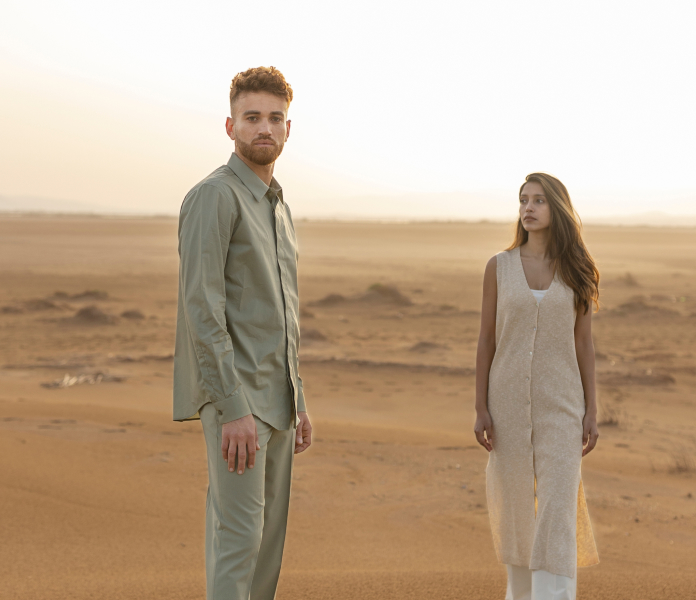
What to take with you to Dubai to feel comfortable and not break the traditional rules of style!
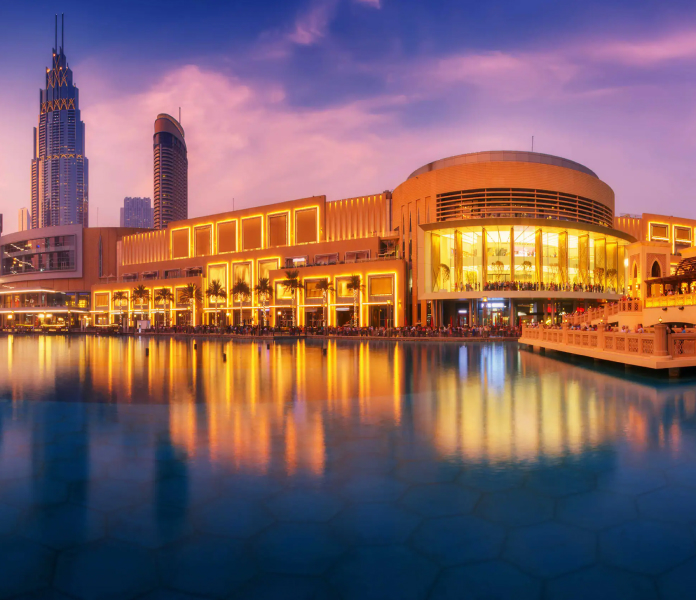
Reviews of popular shopping malls, shopping recommendations and secrets of shopping in Dubai.
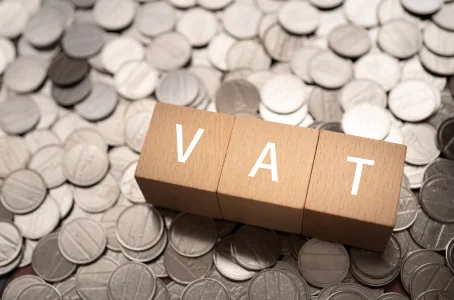
As a bonus to your purchases, the government gives you the opportunity to get back part of the VAT paid using Tax Free. But how to do it? In this article we will look at all the nuances in detail.
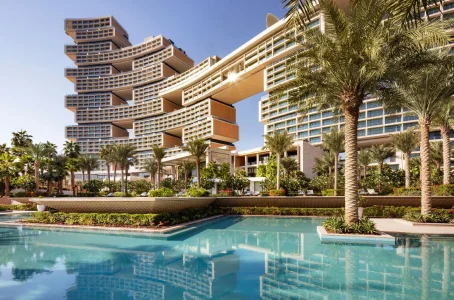
A detailed overview of the excellent new hotels in the UAE. Discover the exceptional attributes, services and facilities offered by these leading representatives of the hotel business.
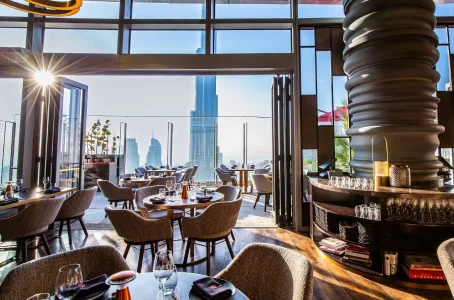
Visit Dubai's cozy lounges and restaurants with stunning views, exceptional menus, and an incomparable atmosphere.
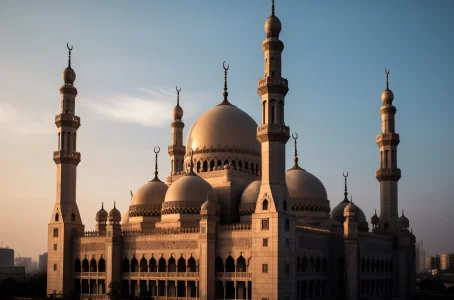
Dive into the world of the unique architecture and history of Dubai's mosques at the heart of their magnificence.
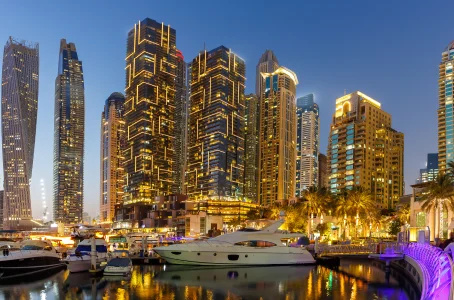
We invite you to go from wonderful sights to the best viewing platforms in the city, offering breathtaking views.

We share places to visit, events to organize, and other ways to make your celebration unforgettable.
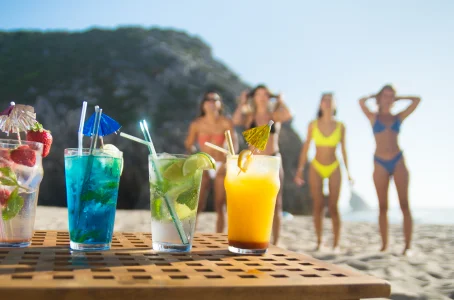
A detailed overview of Dubai's beach clubs. Descriptions, addresses, costs, and visitation rules.

Popular clubs and bars in Dubai for Russians. Rules, operating hours, and a club map.

An adventure that allows adrenaline junkies to fly over the city.

An amazing ferris wheel that is definitely worth a visit in Dubai.

